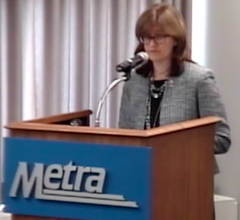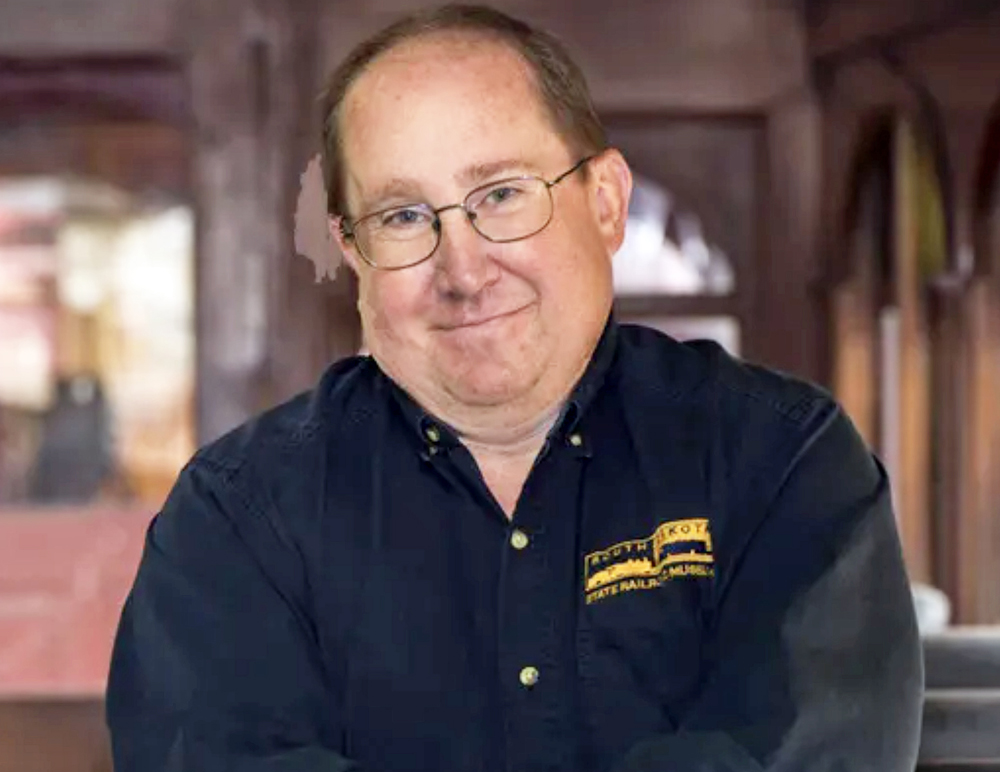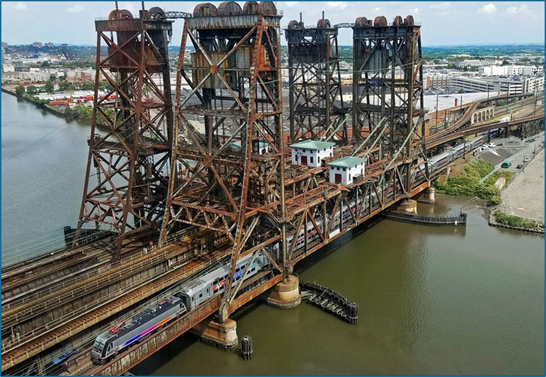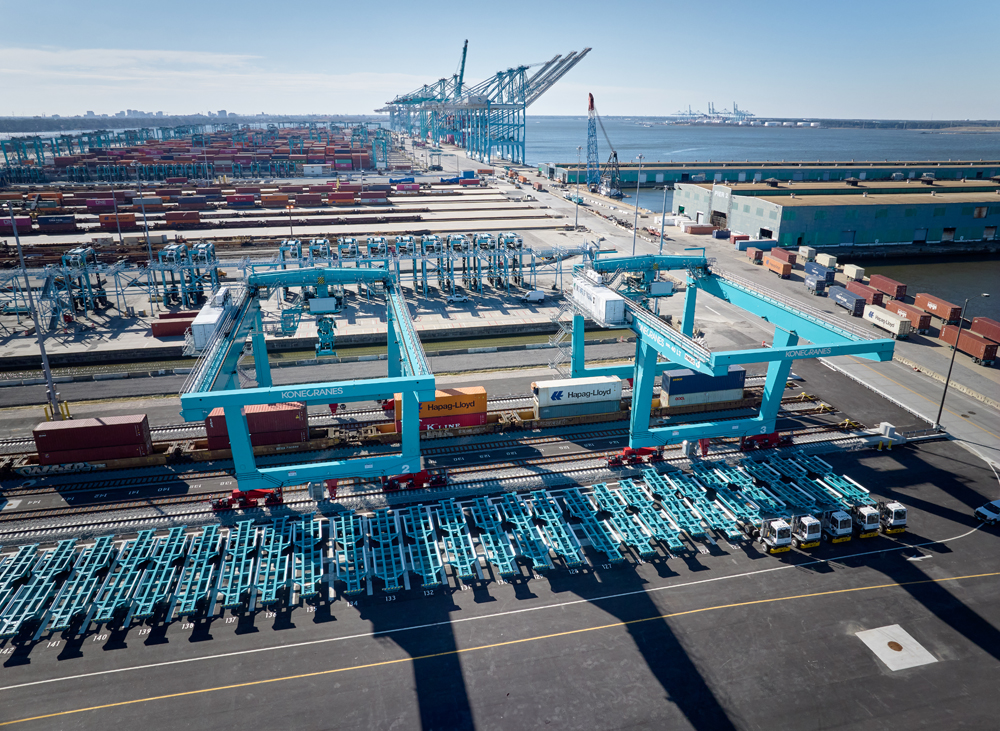At the same time, the commuter rail agency and local officials reached a tentative agreement to share the cost of constructing a universal crossover near Lake Forest, which would provide opportunities for enhanced service on the Milwaukee District North line.
The agreements, approved by Metra’s board of directors on Tuesday, came in response to an April appeal by Lake County officials to improve reverse-commute service to Lake County, where twelve Fortune 500 companies and several pharmaceutical firms, including giant AbbVie, are based.
Lake County Partners President and CEO Kevin Considine said improving reverse-commute train service was vital for these companies to attract and retain top talent.
“That is primarily a transportation issue,” Considine told Metra’s board.
This workforce faces an hour-plus drive by car to North Shore employers. A train commute would be much shorter with express service. Officials also say better train service would reduce pollution and roadway congestion, and improve employee productivity and satisfaction.
Metra’s existing schedule is focused on getting commuters from Lake County to downtown Chicago, and is not optimal for reverse-commuting. Outbound in the morning, there are no express trains; afternoon trains are either too early or too late for most workers, said Lynette Ciavarella, Metra’s director of strategic planning.
“This pilot project is a cost-effective and innovative way to test-market a growing area and possibly improve our overall infrastructure,” Ciavarella told Metra’s board. “We’re hopeful this will build ridership, help local businesses grow and thrive, and have a positive economic impact on Northeastern Illinois.”
Metra approved the public-private partnership with Lake County Partners, an economic development corporation affiliated with Lake County businesses and government. Metra and Lake County Partners will split the $1.4-million cost of operating one new reverse-commute train in each rush period as part of a two-year pilot project.
Changes to the current schedule were not possible until recently, when Metra upgraded the signal system on the line, according to Ciavarella.
Under the new schedule starting in January, Metra will add new outbound express Train 2191, departing Union Station at 5:35 a.m. and arriving in Lake Forest at 6:25 a.m. It would change the schedule of one inbound afternoon train (2146) to create express service from Lake County and would add new inbound Train 2194, departing from Lake Forest at 5:30 p.m. and arriving at Union Station at 6:22 p.m. The schedule of Train 2148, which now arrives at Union Station at 6:11 p.m., would be pushed back three minutes.
Other schedule adjustments to help relieve crowding or to better reflect actual operating conditions would be made, Metra said.
If the pilot project shows a strong market for reverse-commute service, the partners will forge an agreement to fund the construction of the new crossover near the Lake Forest station. A crossover allows trains to switch between tracks. That agreement would divide the $4.75-million cost of the crossover with Lake County Partners contributing $2.75 million, Metra contributing $1 million and local governments contributing $1 million.
Constructing the crossover at Lake Forest would allow Metra to turn trains around at that location, which would create an opportunity for better service in the morning and evening rush periods if demand supported it, Ciavarella said.
“From our behalf, this (crossover) is a very beneficial thing,” said Metra Chairman Norman Carlson.
Carlson said Metra hopes the new trains will be as successful as the reverse commute train called the Sunrise Express that was added to the Union Pacific North line about 10 years ago.
“If this works, hopefully it will become a model for other lines,” Carlson said.















I’m not aware of any major employment within walking distance of any Lake County Metra station. I can’t imagine any reverse commute which would beat the time of driving. There are plenty of cabs at Metra stations but that adds to the cost and the time.
This won’t go over well if the rumored complete elimination of the Heritage Corridor service do to lack of state funding comes about.